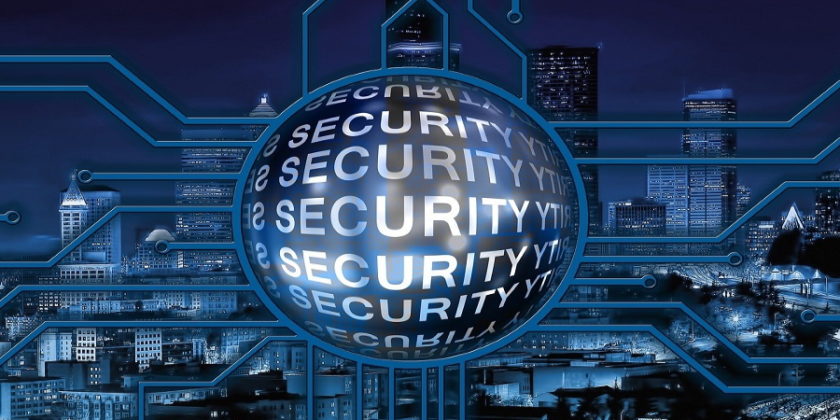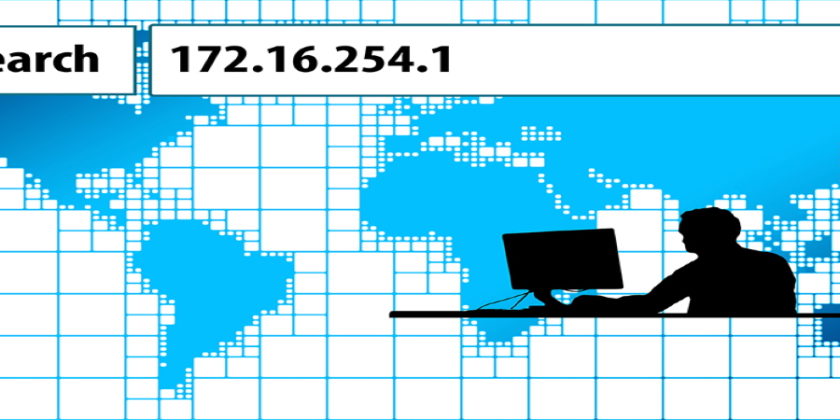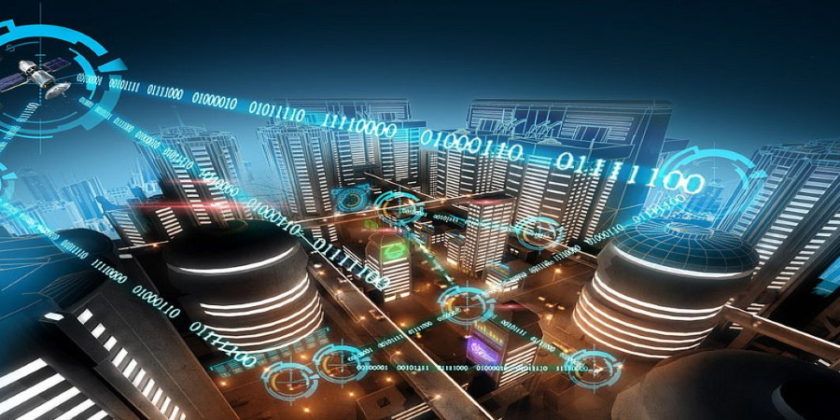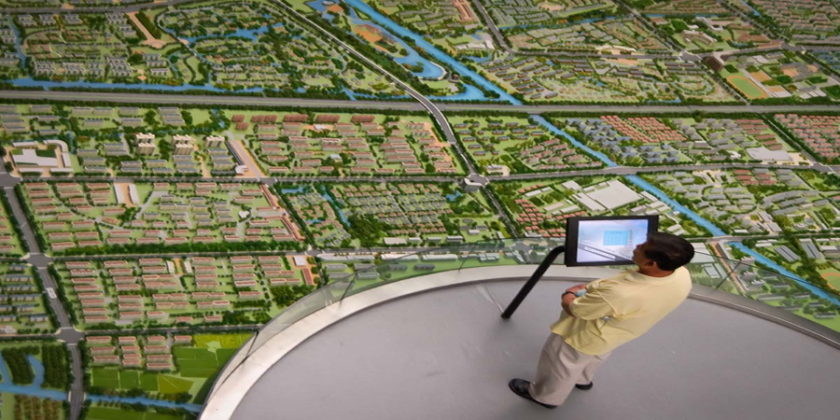Cybersecurity in Smart Cities
Taking advantage of advances in information and communication technologies (ICT), Smart Cities or smart cities have been offering many potential benefits to their residents for years, such as improved energy efficiency, personal management and security, mobility within their streets and avenues, etc. However, this reliance on ICT also makes Smart Cities prone to cyber-attacks, as are all systems that, in one way or another, are nowadays connected to the network. Rapid advances in ICT have been harnessed to streamline the design, operation and management of urban environments in a variety of ways. For example, it is possible to measure energy…





